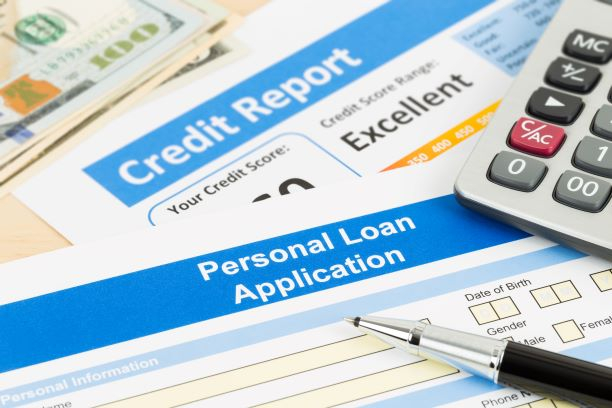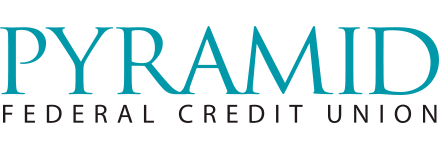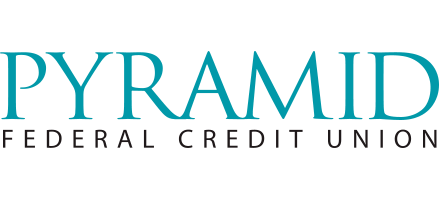Check Your Credit Report Regularly
Now more than ever, it’s important to check your financial accounts and credit reports regularly. For most people, managing finances is business as usual with no surprises.
But sometimes mistakes happen, or even worse, you become a victim of fraud. Unfortunately, data breaches, fraud, and financial scams are on the rise.

Typically you're entitled to one free credit report a year from each of the three credit bureaus: Experian, Equifax, and Transunion.
But because monitoring your credit has become so important during these times, each of the credit bureaus is allowing consumers to get their credit report weekly for free through April 2021.
The website: www.annualcreditreport.com is a great resource for access to all three credit bureaus.
Disputing Mistakes on Your Credit Report
It’s more than a nuisance. Errors on your credit report can have significant negative consequences on your ability to get loans or better terms and interest rates. It can even impact hiring decisions on jobs or rental applications, and can cost you more for insurance too!
Here are a few tips to keep in mind.
- Always use your legal name on every credit account you open. Be sure to remove your name from accounts you are no longer associated with (for example, as an authorized user on someone else’s credit card). If you are a co-maker or co-signer on a loan for someone else, if they are late or miss payments, it will reflect on your credit rating as well.
- When you review your credit reports, be on the lookout for loans or credit cards listed on your credit report that you never opened, misspelled names, or collection items that were not updated.
- One way to stay on top of your credit accounts is to take advantage of credit score monitoring services. Many credit cards and other financial apps have a credit score reporting feature.
If you find something wrong on your credit report, dispute it right away.
It's best to start the dispute process directly through the credit bureaus. The three major credit bureaus provide information on how to file your dispute on their websites: Equifax, TransUnion, and Experian. Once you start the dispute process, the financial company reporting the disputed information is required to take action within specific time frames.
How the process works:
- If you identify something incorrect on your credit report, you should document each disputed item. Explain with as much detail as possible why you are disputing these items. Then, be sure to ask that the errors be deleted or corrected. Include your full contact information, as well as copies of any documents that support your claim.
- After you’ve contacted each bureau, get in touch with the creditor that provided the incorrect information. This may help speed up the correction process.
- After filing your dispute, the credit bureaus and creditor will contact you. Most of the time, errors are simply that. If all goes well, they fix the error and your credit.
- If one of the credit bureaus does not agree to fix the error, you can ask them to include a statement which explains the dispute in your credit file. This statement should be included in future reports and provided to whoever requests your credit report.
- Be sure to keep copies of all of your correspondence.
If you feel your case was not handled appropriately, you can submit a complaint to the Consumer Financial Protection Bureau by visiting https://www.consumerfinance.gov/complaint.




